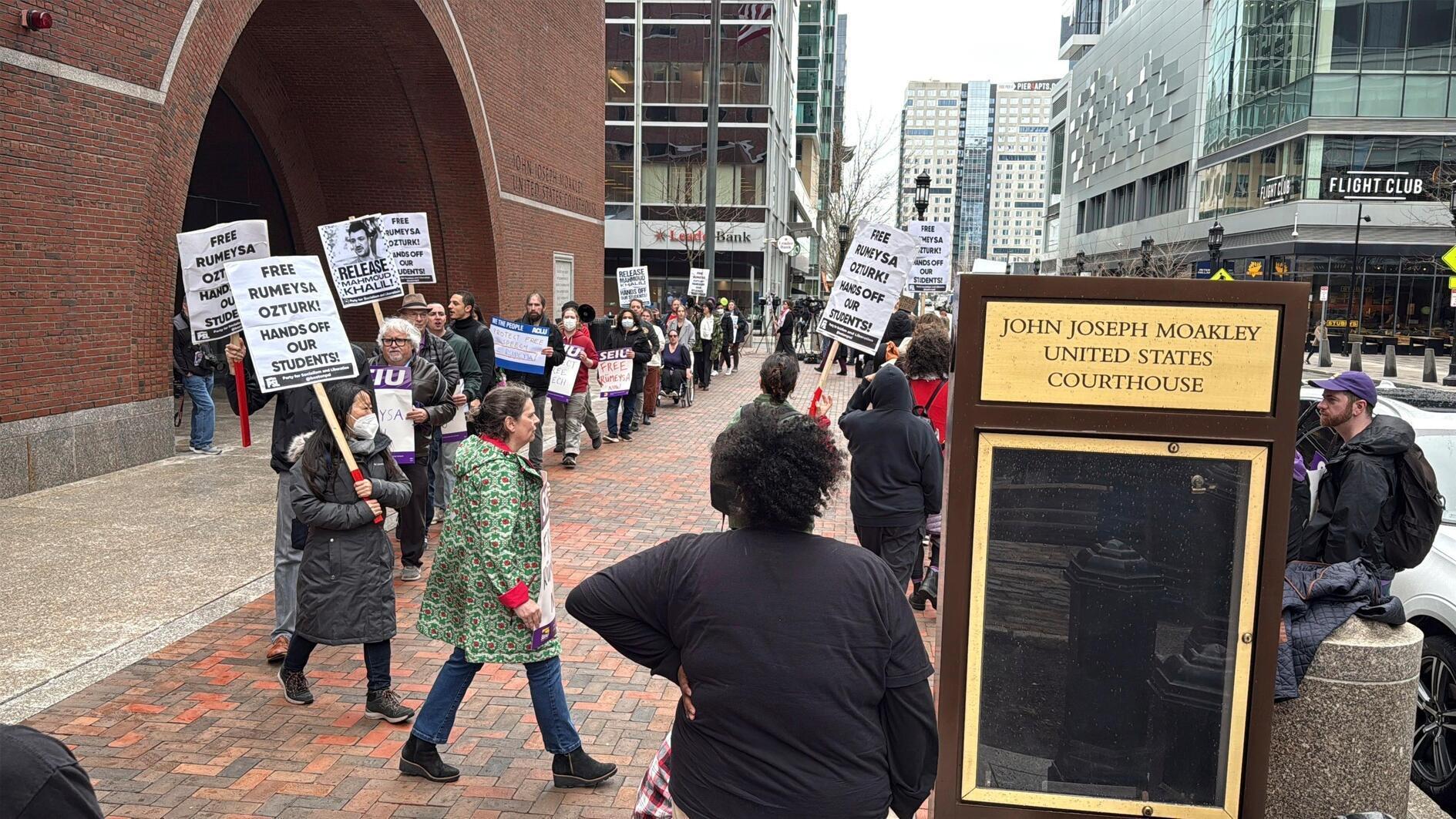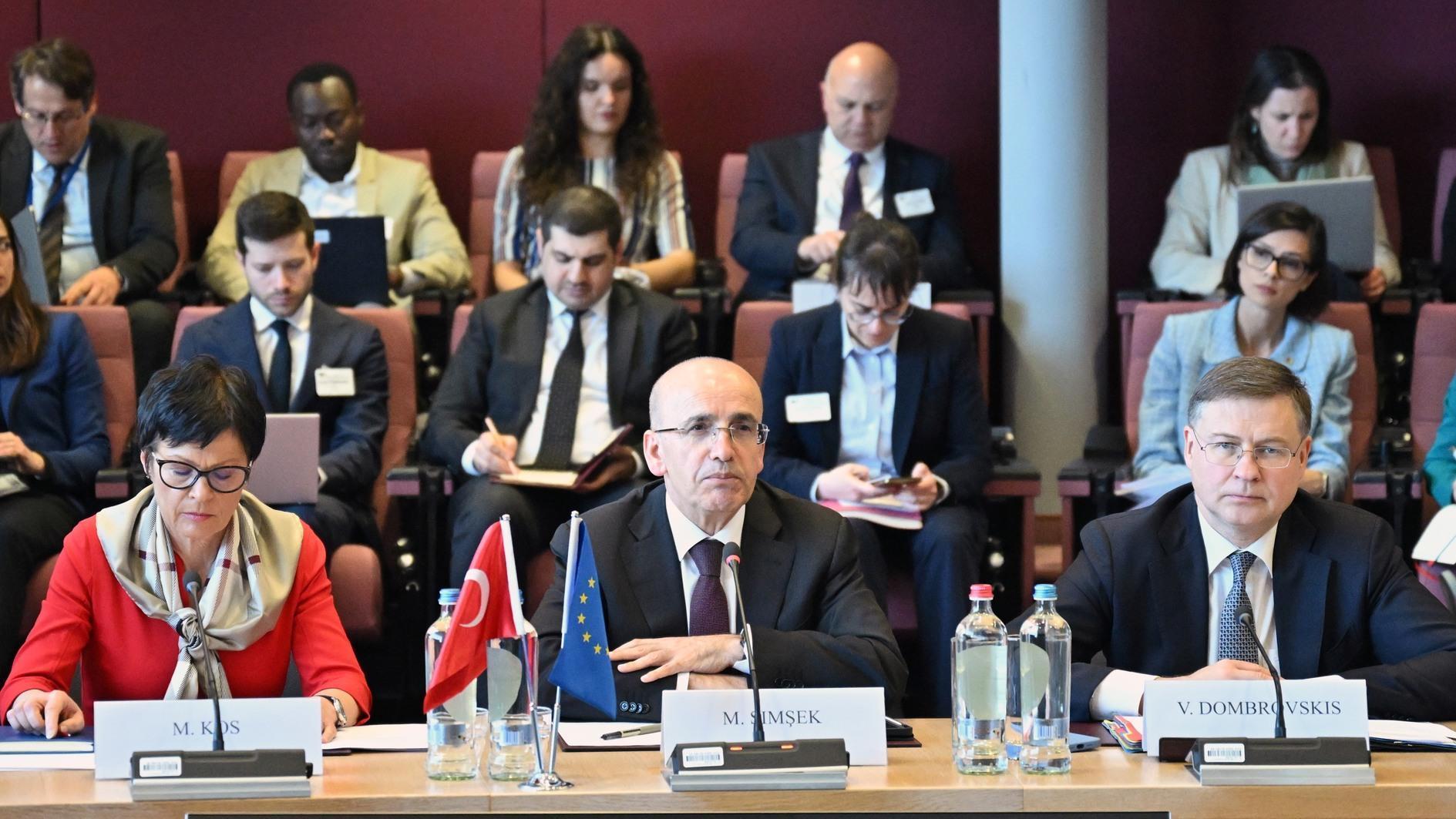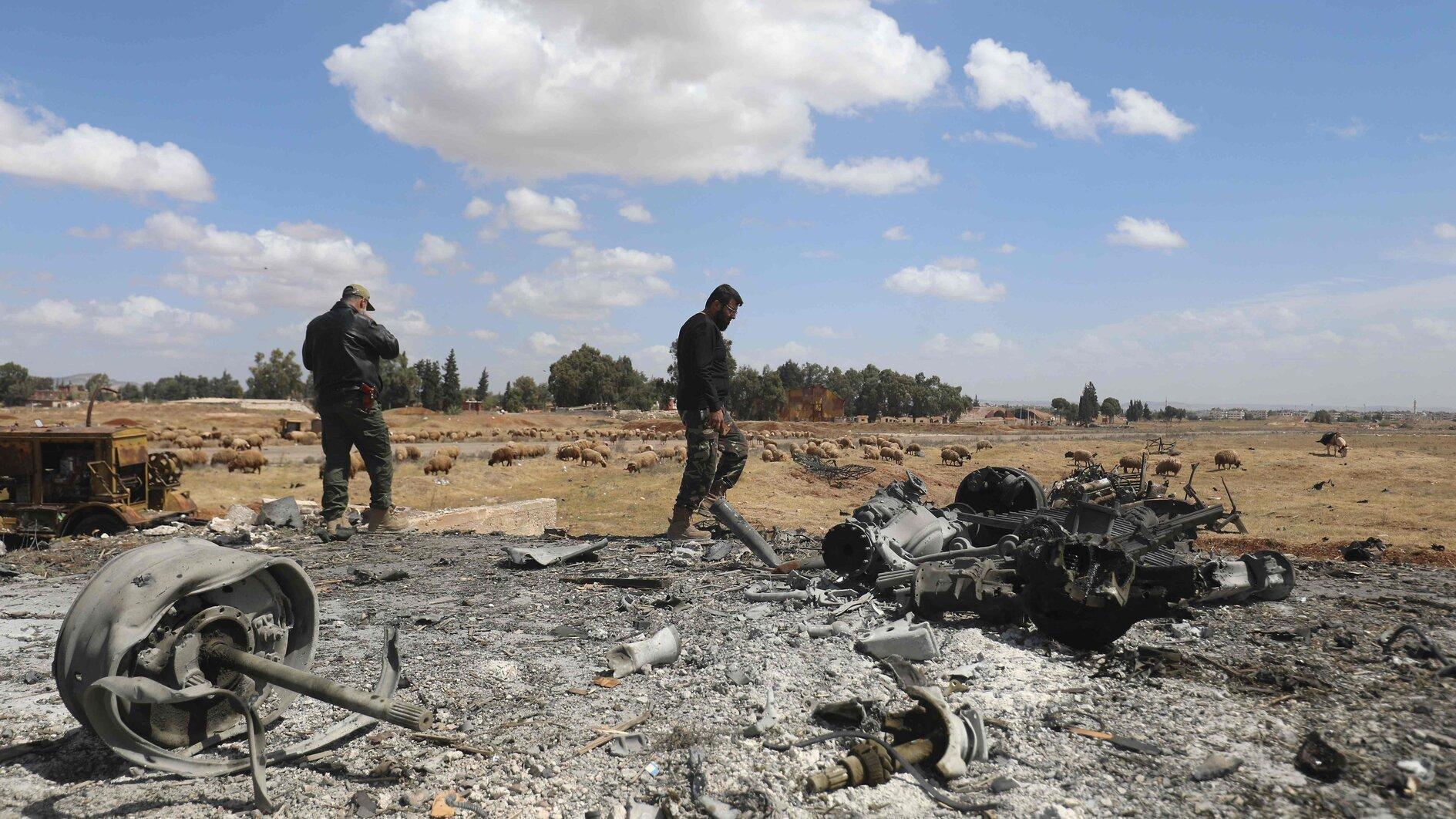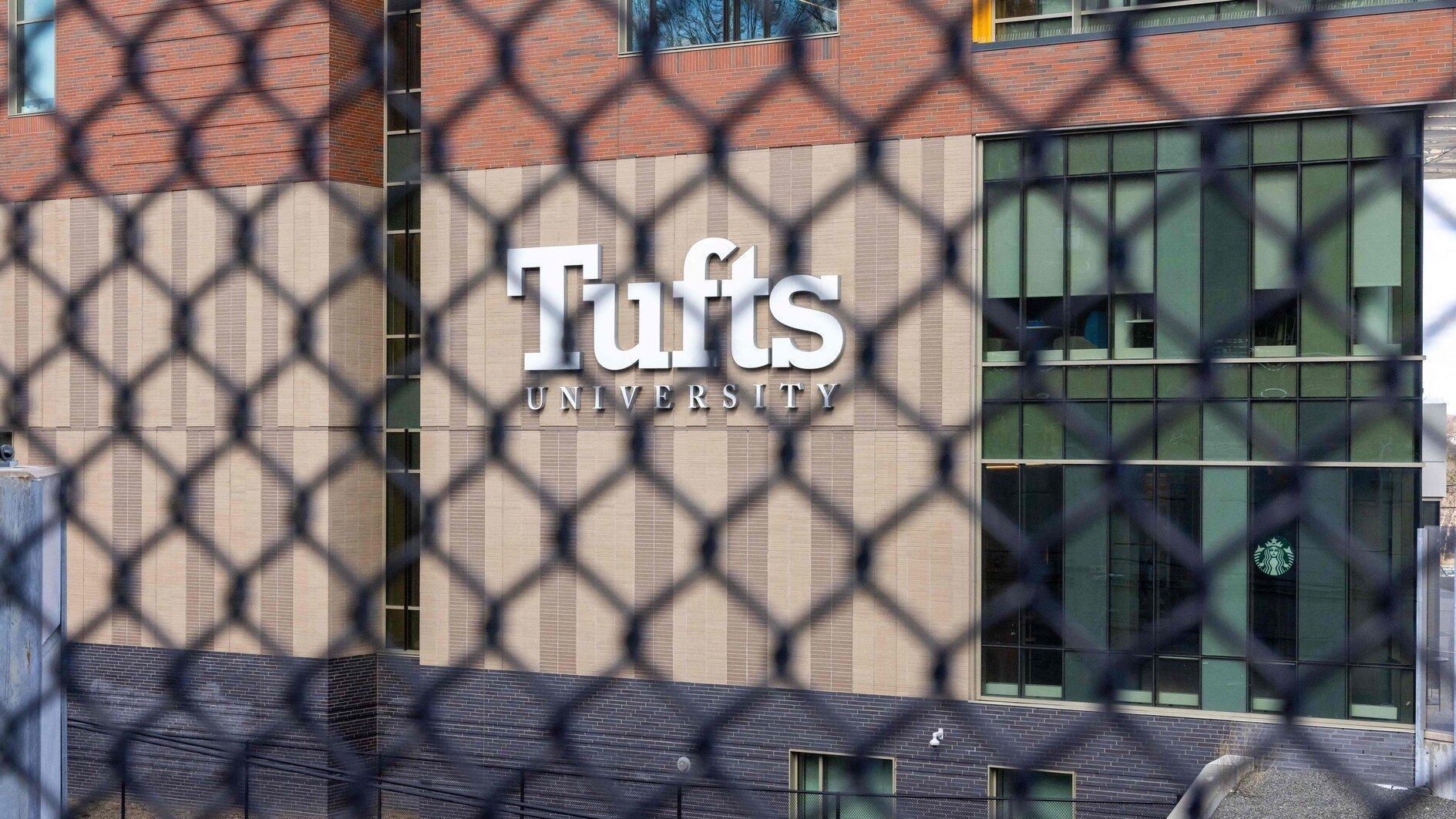A different poll in Northern Cyprus
Northern Cyprus will hold elections this Sunday to appoint members to its 50-seat Republican Assembly. Many public opinion polls have been conducted in recent weeks. All of them signal a serious frustration with politics and politicians among the Turkish Cypriot people.
Most of the campaign period was wasted on bedroom affairs, or rather the extramarital affairs of the incumbent prime minister. How should the economic, social and infrastructure problems of Northern Cyprus be solved? How should Turkish Cypriots position themselves in the new Cyprus talks slated to start as early as March, once the presidential elections in Southern Cyprus have also taken place? How to achieve a badly needed structural reform in the Turkish Cypriot state?
What about the stinking education system, where deteriorating schools have turned into the playgrounds of greedy syndicates suspected of being on the payroll of the Greek side? And what about the tourism industry, which is held hostage on one hand by the casino sector and on the other by growing transportation woes that need to be resolved?
The Ercan airport has been transformed into a honky-tonk with glaring casino ads and extravagant illumination while the Greek Cypriot administration has been sending back passengers who enter the island via the Larnaca airport (in Southern Cyprus) and state their intent to stay in the Turkish side. These and other many serious problems were not discussed during the campaign period.
Days before the vote, Turkish Cypriots appeared to display zero enthusiasm in the street. People were silent. A debate between political party leaders on a local TV station – in which all political leaders participated except for the incumbent premier for obvious reasons – could not draw much attention either.
Apparently social media tweets largely ignored the debate, preferring to discuss the “I will kiss you” video clip of Democrat Party (DP) leader Serdar Denktaş and his wife or the commercial video of the Communal Democracy Party (TDP), in which a small girl sends a white pigeon flying from a cliff while the screen says: “We are TDP, we are different.” Unfortunately, neither of these two parties might score meaningful success in Sunday’s poll.
Why have Turkish Cypriots become so disenchanted with politics? Everyone has been talking about “change” but with empty and aloof slogans. Will Turkish Cypriots opt for change by voting for new parties, or will they hope for change from the old and stinking politicians or their next in kin?
The general expectation is that the ruling National Unity Party (UBP) and the main opposition Republican Turks’ Party (CTP) will lead the other parties, though the Party of the People (HP) might score a surprise victory. The CTP and the HP have already said they would not form a coalition government with the UBP – a development that UBP leader Prime Minister Hüseyin Özgürgün has condemned as proof that the two leaders are political novices.
Denktaş’s DP had a serious threshold problem at the beginning of the campaign. Apparently, that problem has been resolved but the party cannot even dream of gaining the 21 percent it scored in previous elections.
The TDP of incumbent President Mustafa Akıncı might also have a threshold problem, similar to the New Birth Party (YDP) or the party of mainland Turks.
The people’s silence throughout the campaign could demonstrate two things: 1- A low participation in the polls; 2- A surprise outcome.
Another question is this: How will the HP fare? HP leader Kudret Özersay has been much-appreciated as a bureaucrat, an academic and chief negotiator. Before establishing the party, he led a popular movement calling for clean and transparent politics, efficiency in governance. From left to right there was sympathy for him. Will this transform into political support? His success will be a loss to both the UBP and the CTP as the HP has been gaining support from both the left and the right of the political spectrum.
The political atmosphere in Northern Cyprus definitely resemble that of Turkey in 2001.











